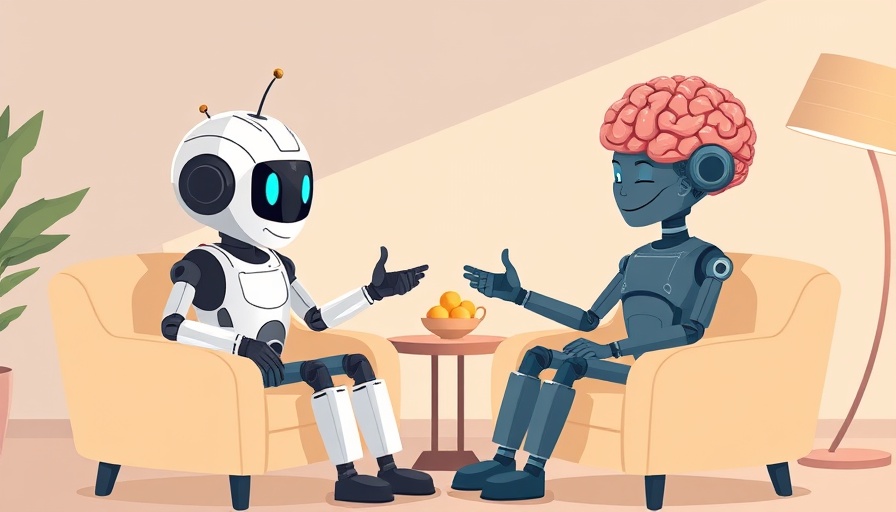
Are AI Therapists the Future of Mental Health?
As technology continues to evolve, traditional practices like therapy are jumping onto the digital train. Chatbots, such as Wysa and Woebot, are emerging as popular alternatives for people seeking mental health support. With their ability to mimic therapeutic conversations, they provide users with a unique way to process emotions and practice self-care. But can these digital companions genuinely help us with our mental well-being?
The Rise of Digital Therapy Tools
The growing popularity of AI therapists indicates a clear shift in how people access mental health care. Numerous applications have flooded the market, offering various methods for relaxation and mindfulness. Headspace and Calm are household names amongst meditation tools, while platforms like Talkspace and BetterHelp connect users with licensed therapists through digital means.
Among these tools, AI-powered chatbots fill an essential niche. Unlike regular mental health apps, they employ algorithms to engage users in conversations that resemble therapy sessions. They help users manage their emotions through guided activities like breathing exercises or journaling prompts, making mental health care more accessible than ever before.
The Efficacy of AI in Mental Health Care
Despite the upbeat marketing, the effectiveness of these AI tools poses significant questions. While positive testimonials can be found, challenges arise regarding their ability to handle complex emotional issues. Real-life cases raise alarms about AI’s potential pitfalls; even though these tools might alleviate stress, they may not replace the nuanced interaction provided by human therapists.
Ethical Considerations in AI Therapy
The ethics surrounding AI in sensitive scenarios warrant attention. Stories have emerged about individuals who faced severe repercussions after relying on AI chatbots for emotional guidance. These instances highlight the gravity of appropriate responses required when dealing with profound emotional distress. AI may offer insights but lacks the human touch essential for deep emotional work.
Looking Ahead: The Future of AI in Mental Health
The integration of AI in mental health care does not spell the end for traditional therapy; instead, it offers exciting new options for users who might not otherwise seek help. As AI continues to learn and refine its responses, there’s hope these tools can play a supporting role in emotional wellness.
Your Role in AI Therapy
Whether you see AI tools as empowering accommodations or potential sidekicks, understanding their function can help you navigate this changing landscape. Discuss these tools with your trusted mental health professionals to facilitate an informed decision about their role in your wellness journey.
The convergence of mental health technology with AI also echoes broader trends in health research, especially in the context of longevity and wellness optimization. As we explore new avenues of mental health support, we should remain aware of science-backed strategies that prioritize healthspan optimization. This ensures we do not overlook the essentials of personalized health strategies and their substantial role in battling issues associated with mental health.
Join the Conversation Here
As advancements in mental health technology continue, it’s vital to remain engaged in discussions about these developments. Are you curious about the impact of AI on your mental health? As you ponder your experiences, consider seeking professional guidance to maximize your mental wellness.
 Add Row
Add Row  Add
Add 




 Add Row
Add Row  Add
Add 


Write A Comment